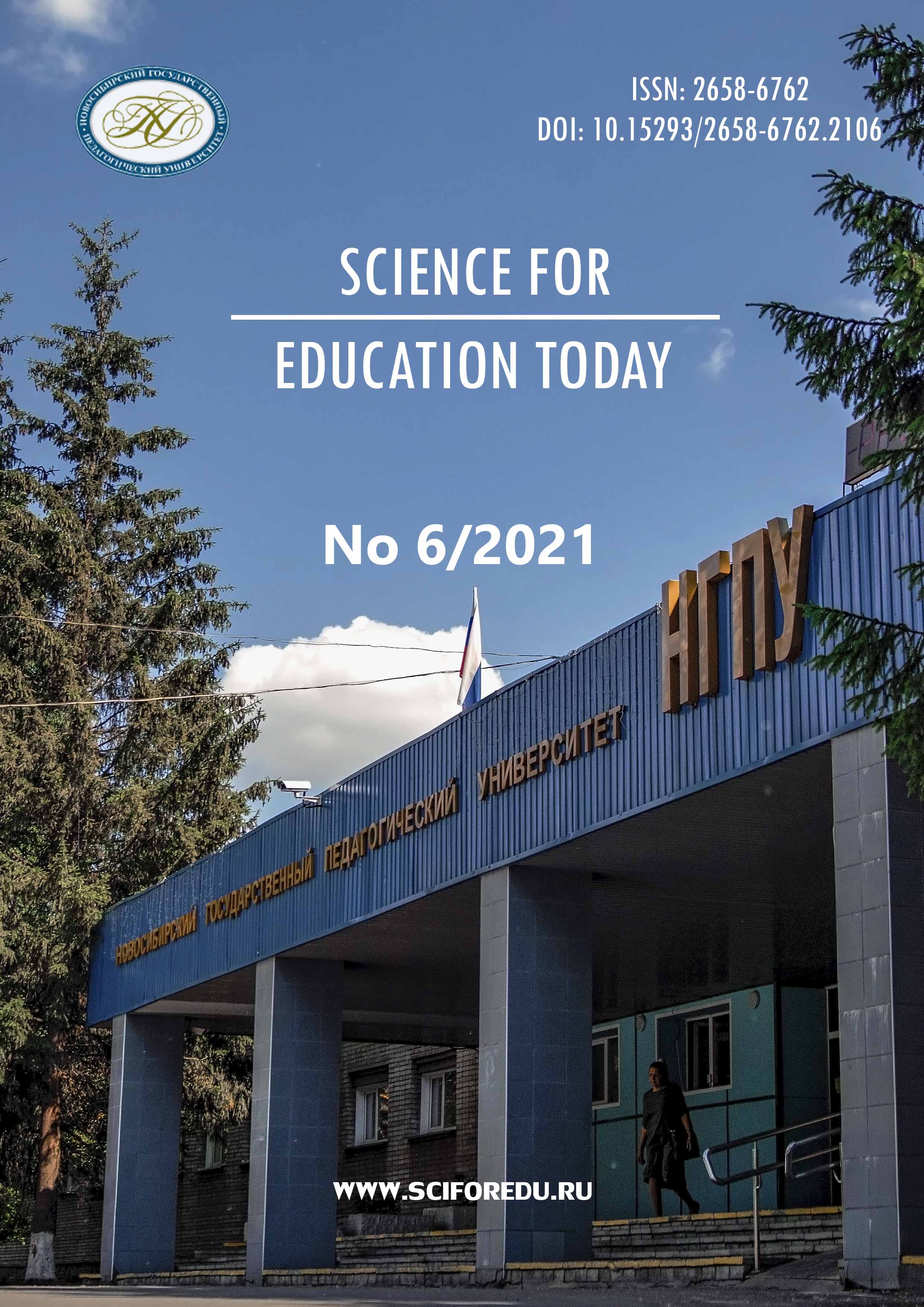Цифровая школа: в поисках объяснительных моделей Часть 1
Digital school: Searching for Explanatory Models. Part 1
Author(s): Sergei Alevtinovich SmirnovSubject(s): School education, Higher Education , Sociology of Education
Published by: Новосибирский государственный педагогический университет
Keywords: Digital school; Conceptual explanatory model; Digital technologies; Developmental act; Cultural-historical psychology; Sign; Tool; Mediation; Adult as a mediator;
Summary/Abstract: Introduction. The purpose of this study was to analyze L. S. Vygotsky’s cultural-historical psychology from the perspective of distinguishing the structure of the act of development within its framework and understanding its explanatory potential as a whole. This analysis enables to clarify and understand the essence of the digital and virtual shift. Moreover, it is required in order to overcome the limitations associated with the currently dominant behavioral models, which are used by researchers in their attempts to explain and describe the phenomenon of the influence of digital technologies on people, in particular, on schoolchildren and students. Materials and Methods. The paper considers the concept derived from L. S. Vygotsky’s cultural-historical psychology, which is proposed to be adopted as a basic one in order to build an explanatory model used by the author to describe and comprehend the phenomenon of transformation of the human development process in the new reality of the digital environment. Results. The article introduces the basic principles and provisions, the explanatory model is built on, concerning the role of symbolic-instrumental mediation in human development, the role of an adult as a mediator, the structure of the act of thinking and the act of development, the basic mechanism of mastering a person's behavior, which permeates the formation of higher mental functions. The author compares this explanatory model and the behavioral model used in most modern research investigations that examine the impact of digital technologies on schoolchildren and students. Conclusions. The findings show that the student is presented in the behavioral model as a passive reactive being that reacts to external stimuli. In this sense, a human being is not treated as a personality with highest abilities, but is considered as a function. The proposed model cannot be used to explain and comprehend modern development processes.
Journal: Science for Education Today
- Issue Year: 11/2021
- Issue No: 6
- Page Range: 62-79
- Page Count: 18
- Language: Russian

